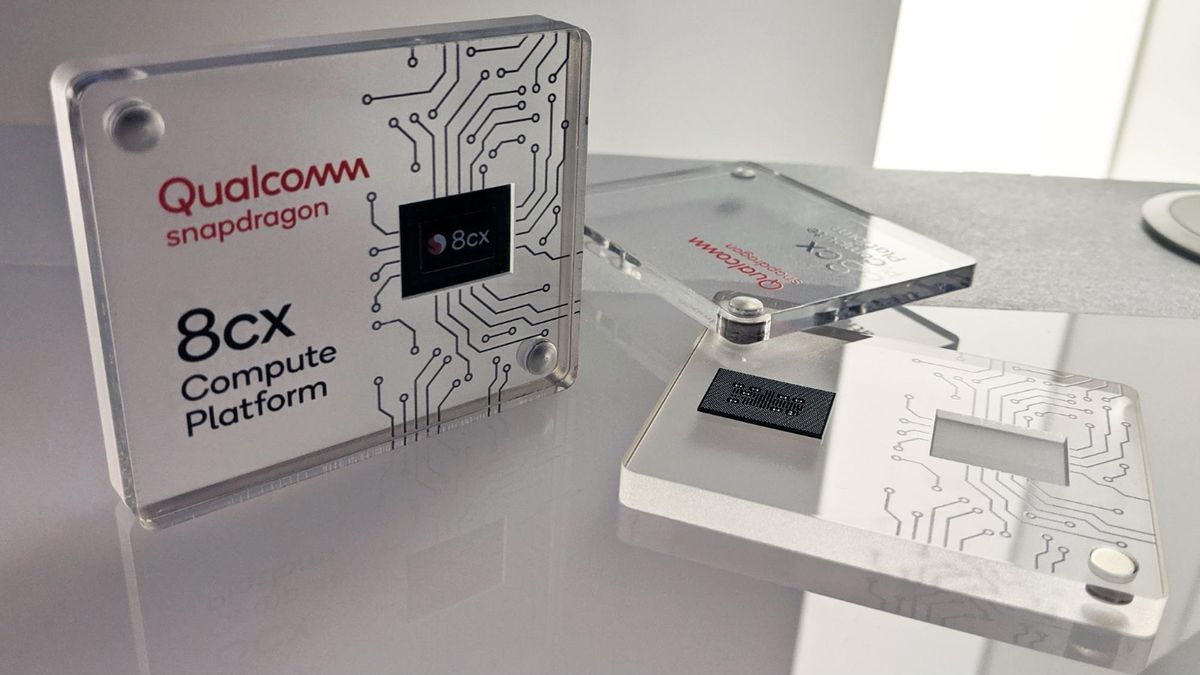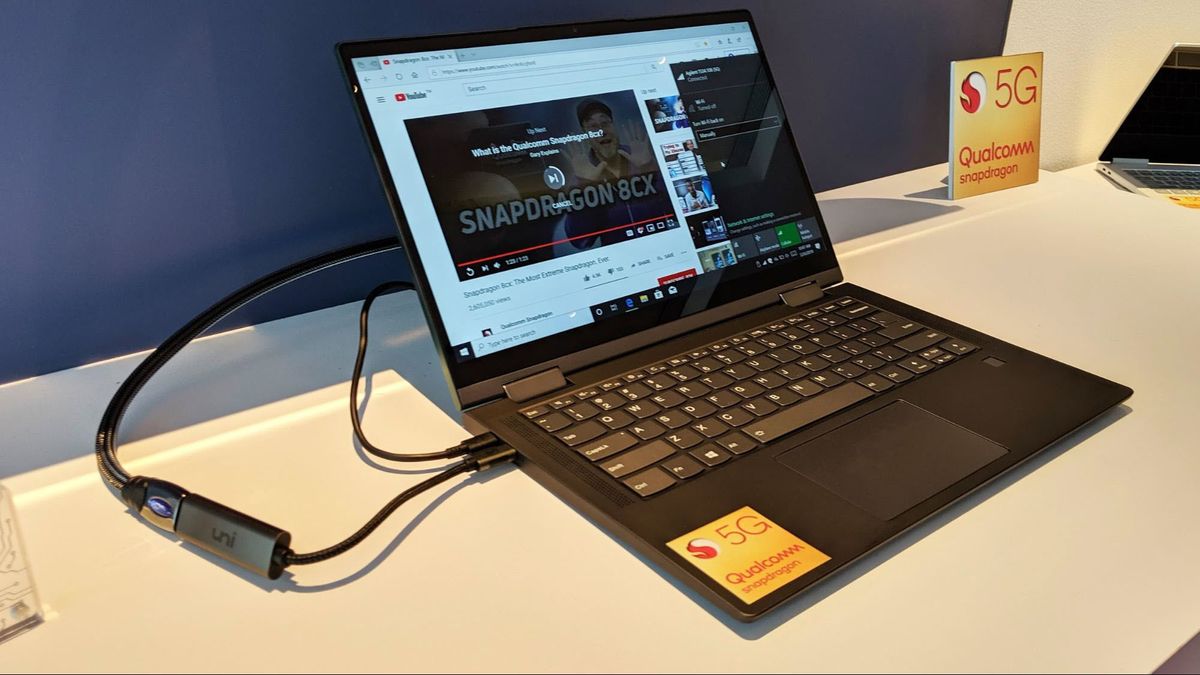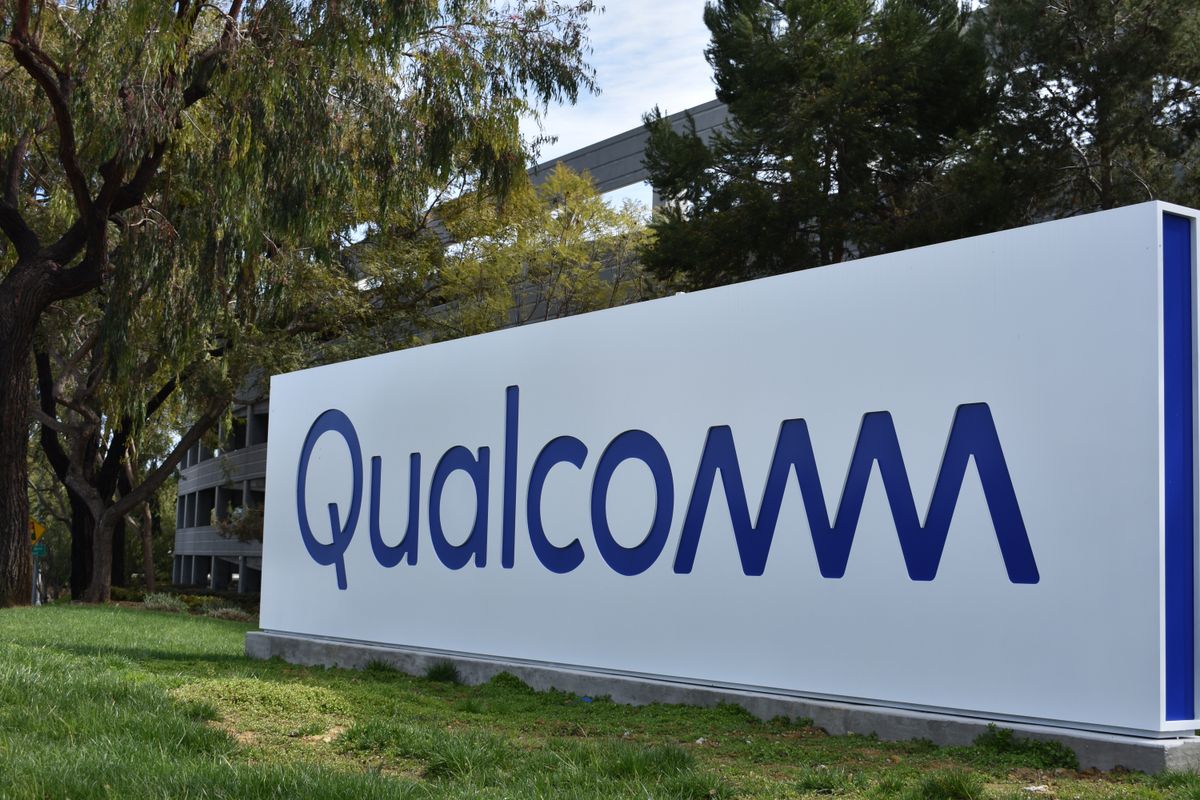Phoronix: Fedora's ARM SIG Is Looking At Making An AArch64 Xfce Desktop Spin
Another late change proposal being talked about for this autumn's Fedora 31 release is introducing a 64-bit ARM (AArch64) Xfce desktop spin...
Another late change proposal being talked about for this autumn's Fedora 31 release is introducing a 64-bit ARM (AArch64) Xfce desktop spin...




Comment